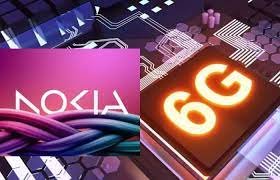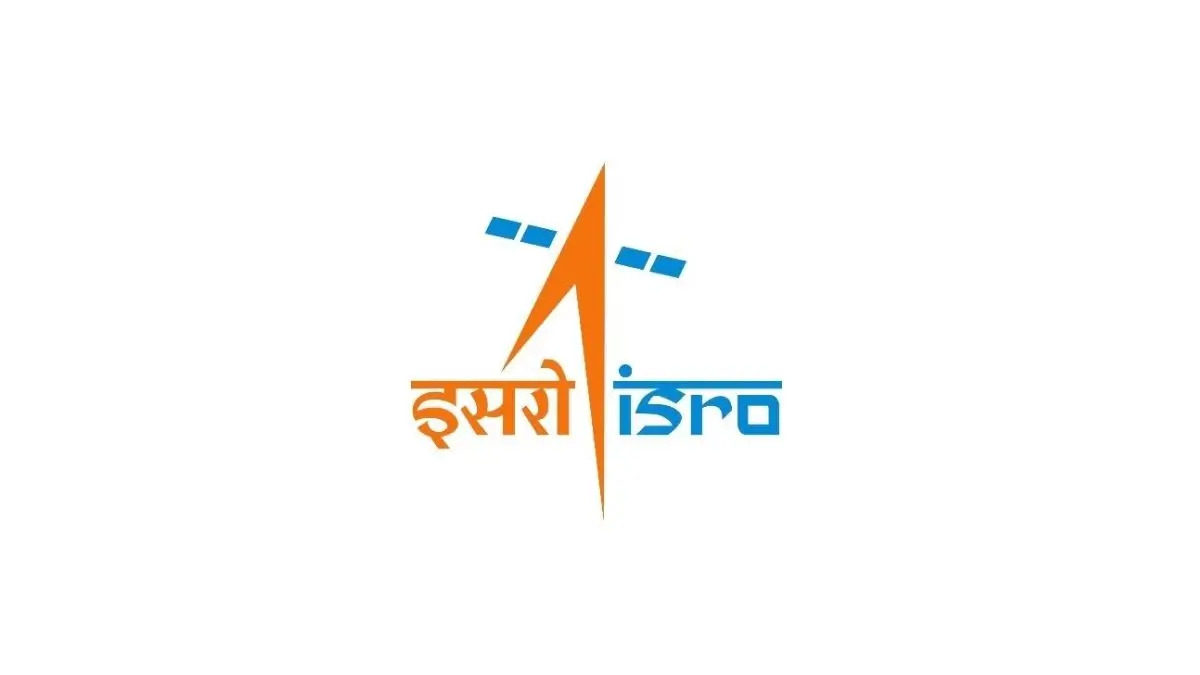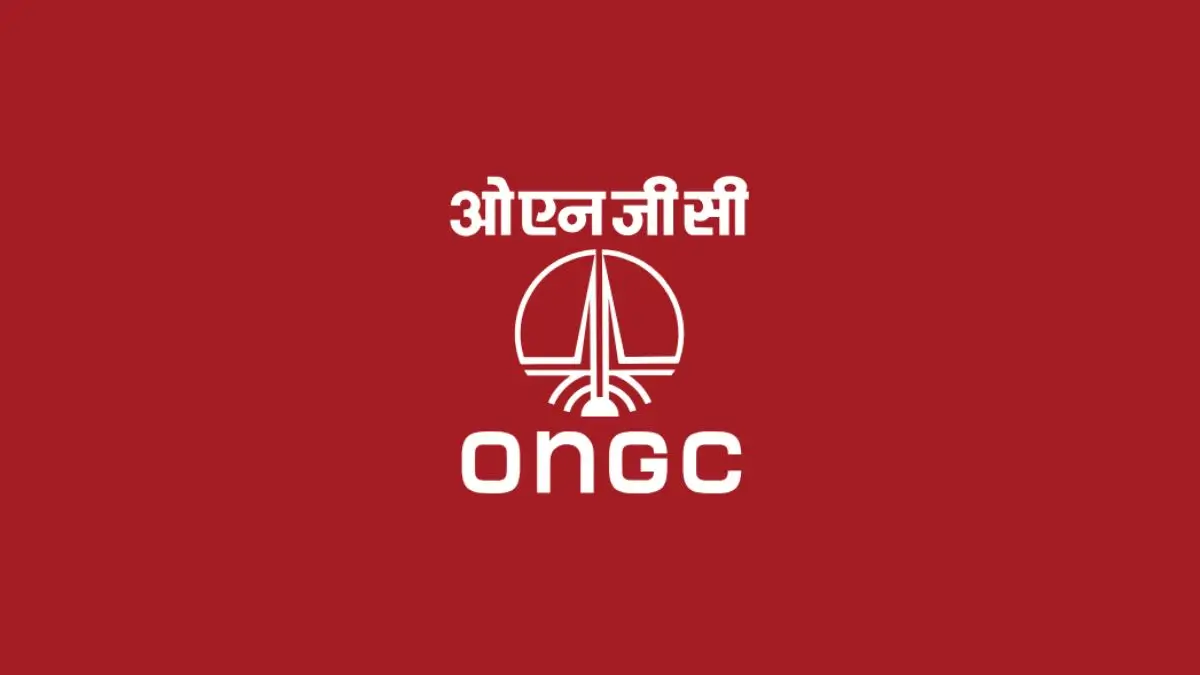Nokia Opens 6G Lab Facility in Bengaluru
In a significant leap towards technological innovation, Nokia has recently inaugurated a state-of-the-art 6G lab facility in Bengaluru, India. This development marks a significant milestone in the realm of communication technology, setting the stage for a new era in wireless connectivity. With an ever-increasing demand for faster, more reliable, and efficient networks, Nokia’s decision to establish a dedicated 6G lab facility in Bengaluru underscores the importance of staying at the forefront of technological advancements. This article delves into the importance of this news, provides historical context, and offers five key takeaways that aspiring government exam candidates should be aware of.

Why this News is Important
Advancement in Communication Technology: The opening of Nokia’s 6G lab facility is of paramount importance due to the rapid evolution of communication technology. As the demand for high-speed data and seamless connectivity continues to grow, the development of 6G technology is expected to revolutionize how we communicate and interact with the digital world. This initiative demonstrates Nokia’s commitment to staying ahead in the global race for cutting-edge communication solutions.
Boost to India’s Tech Ecosystem: This development also reflects positively on India’s tech ecosystem. Bengaluru, often referred to as the Silicon Valley of India, is already a hub for tech innovation. The establishment of Nokia’s 6G lab in this city reinforces India’s position as a global player in technology research and development, attracting talent and investment from across the globe.
Historical Context
To understand the significance of Nokia’s 6G lab in Bengaluru, we must first consider the historical context of wireless communication technology. Over the decades, there has been a continuous evolution in wireless networks, from 1G to 5G, each generation promising faster data speeds, lower latency, and improved connectivity.
With the advent of 6G, we can expect even more transformative changes. It is anticipated to offer data speeds up to 100 times faster than 5G, enable real-time holographic communications, and support applications in various fields, including healthcare, transportation, and education. This development builds on the legacy of Nokia, a company known for its pioneering work in the telecommunications sector.
Key Takeaways from “Nokia Opens 6G Lab Facility in Bengaluru”
| Serial Number | Key Takeaway |
|---|---|
| 1 | Nokia inaugurates a 6G lab facility in Bengaluru, showcasing its dedication to staying at the forefront of wireless communication technology. |
| 2 | 6G technology is anticipated to revolutionize communication by offering data speeds up to 100 times faster than 5G, extremely low latency, and enabling transformative applications across various sectors. |
| 3 | The selection of Bengaluru as the location for Nokia’s 6G lab reaffirms the city’s position as a prominent global tech hub, attracting talent and investments in the telecommunications sector. |
| 4 | Aspiring candidates for government exams, especially in the field of telecommunications, should prioritize staying updated on emerging technologies like 6G, as they are likely to be tested on such advancements in their examinations. |
| 5 | 6G technology holds the potential to revolutionize various industries beyond telecommunications, presenting new avenues for innovation and growth in fields such as healthcare, transportation, and education. |
Important FAQs for Students from this News
Q: What is the significance of Nokia opening a 6G lab in Bengaluru for government exams?
A: Nokia’s 6G lab establishment in Bengaluru is significant for government exams as it highlights the importance of staying updated on emerging technologies like 6G, which may be tested in various recruitment exams.
Q: How does 6G technology differ from its predecessors like 5G?
A: 6G technology promises data speeds up to 100 times faster than 5G, ultra-low latency, and the ability to support transformative applications in fields such as healthcare and transportation.
Q: Why was Bengaluru chosen as the location for Nokia’s 6G lab?
A: Bengaluru’s selection reinforces its status as a global tech hub, attracting talent and investments, and aligns with India’s push for technological innovation.
Q: How can students preparing for government exams stay updated on 6G technology developments?
A: Students can stay informed by following news articles, subscribing to tech-related publications, and actively engaging with technology forums and communities.
Q: What industries are expected to benefit from 6G technology?
A: 6G technology has the potential to revolutionize industries beyond telecommunications, including healthcare, transportation, and education, opening up new opportunities for innovation and growth.
Some Important Current Affairs Links

















